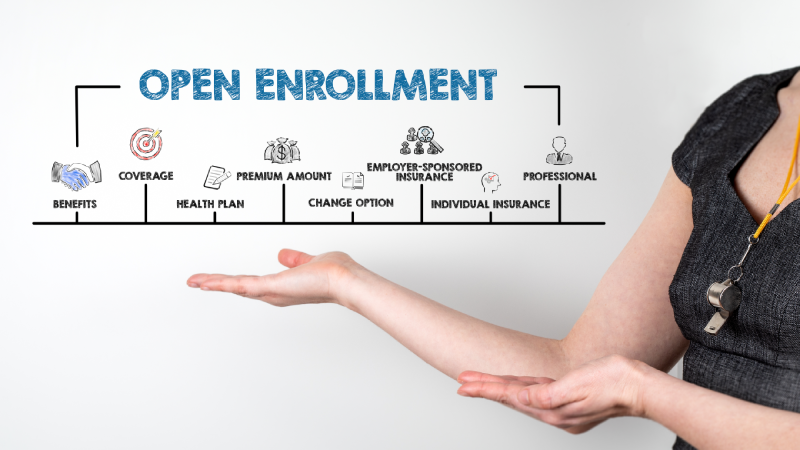Why Early Strategy — Not Last-Minute Panic— Drives Better Results
For many companies, January is the biggest month of the year for employee benefits renewals. Roughly 60% of employer health plans are renewed on January 1, setting the stage for a full year of coverage, costs, and employee experience.
That makes the months leading up to January a critical planning window, yet it’s also one of the busiest times of year for HR and company leadership. Between budgets, bonuses, holidays, and year-end reporting, benefits decisions can easily get pushed to the back burner. The result? Rushed renewals, missed opportunities, and plans that don’t reflect your company’s goals.

A January Benefits Renewal Deserves More Than an “As-Is” Rollover
If your broker’s renewal conversation looks like a quick review of your current plan and a single “sign-off” option, you’re not getting the partnership you deserve.
Renewal time should be a strategic process, not a paperwork exercise. Employers should expect their broker to:
- Present multiple options and creative funding models—not just the same plan with a higher premium.
- Provide benchmarking data to show how your benefits stack up against your peers.
- Evaluate compliance risks and employee experience pain points.
- Help you communicate changes clearly, so employees understand and appreciate their benefits.
These conversations take time—but they lead to better outcomes, both financially and culturally.
Avoid the Year-End Rush
Every broker knows that Q4 is a whirlwind. With so many plans renewing in January, carriers and administrators hit their busiest season—quoting, implementing, and enrolling all at once.
When decisions are delayed until December, companies often lose negotiating power, communication suffers, and employee confusion rises.
Starting the conversation early—ideally by September or October—means you can compare carriers, adjust contributions, and make strategic decisions calmly, not reactively.
A Word on Off-Cycle Renewals
Not every company renews in January, and that’s perfectly fine. In fact, staggering renewal dates helps balance workload across the industry and allows for more personalized attention. The key is not when your plan renews—but how you manage the process. Whether your renewal is in January or July, giving it adequate lead time and thoughtful review is what leads to success.
Your Benefits Strategy is Your People Strategy
It’s worth remembering employee benefits are one of the top factors driving retention and recruitment. Surveys consistently show that:
- Around 60% of job seekers consider benefits and perks a major factor in choosing an employer.
- Nearly 80% of employees would prefer better benefits over a pay increase.
That’s why renewal decisions shouldn’t happen in a rush. The plan you choose now affects how employees feel supported all year long—and how attractive your company looks to new talent.
The Bottom Line for January Benefits Renewals
January renewals don’t have to be stressful. With early planning, proactive communication, and a broker who acts as an extension of your HR team, your renewal can be a powerful opportunity—not a last-minute scramble.
At PF Compass, we help employers approach renewals strategically: exploring alternative structures, benchmarking your plan, simplifying employee education, and ensuring compliance every step of the way. Don’t let your January renewal get lost in the year-end shuffle. Let’s make it a win-win for your company and your employees.

Brian Honan | Partner
PF Compass Employer Guidance & Benefit Solutions
440 Route 22, E., Suite 190
Bridgewater, NJ 08807
Tel (973) 732-0697
![]()
